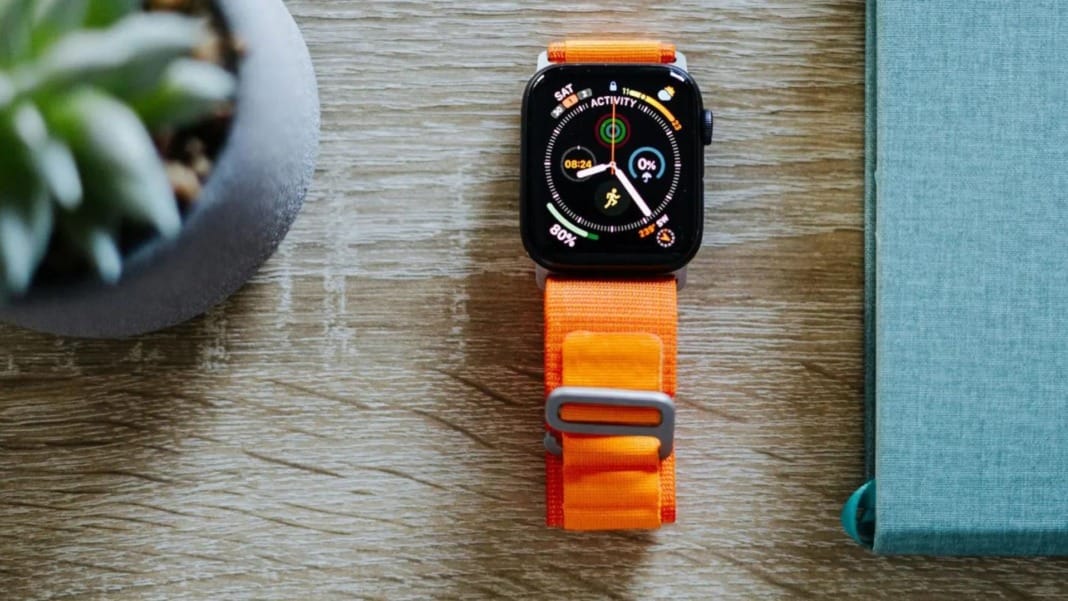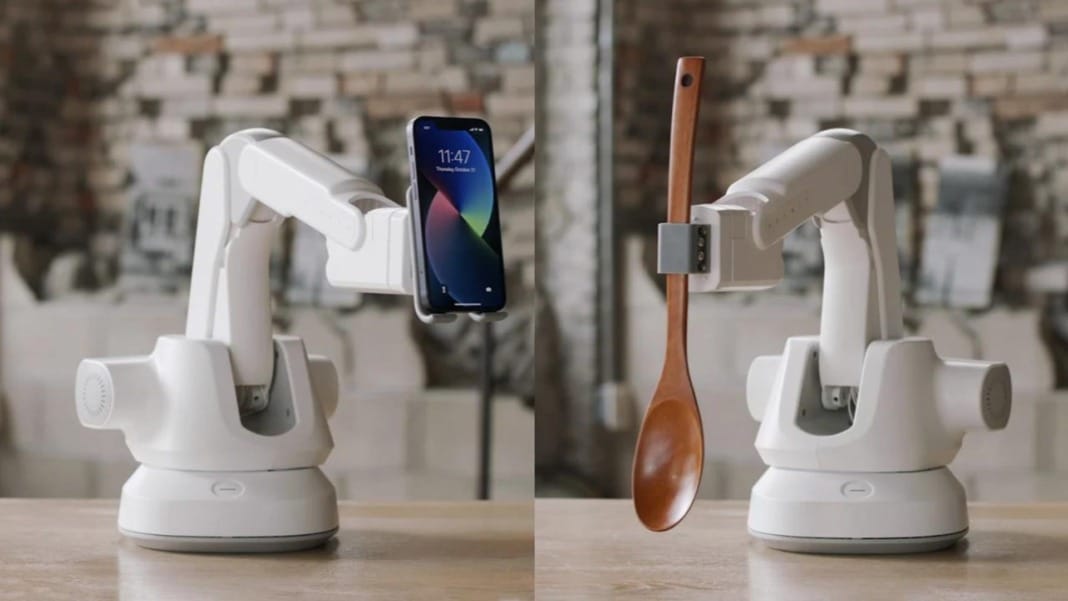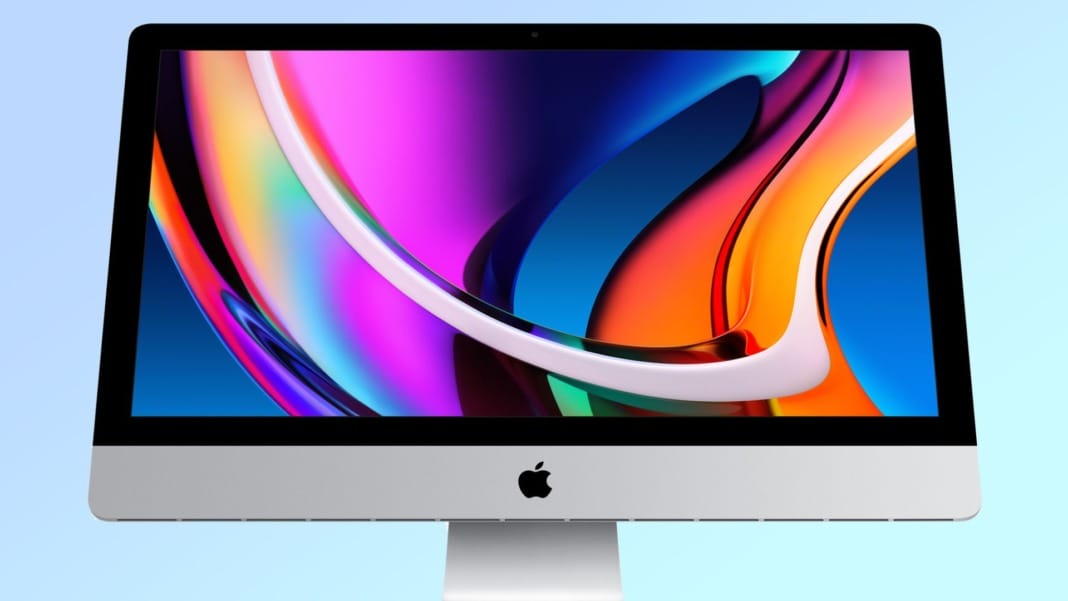LG Display is seeking compensation from Apple after the abrupt cancellation of the microLED Apple Watch Ultra project, according to a report from TheElec. The South Korean display manufacturer has invested significant resources in the project, which was expected to revolutionise the display technology in Apple’s premium smartwatch.
LG Display’s heavy investment in microLED technology
LG Display had high hopes for the microLED project, which led the company to invest substantially in equipment and manpower. Millions of dollars were spent purchasing specialised equipment for microLED production, and machinery was relocated between factories to optimise production. The company also hired additional staff to support this ambitious project.
A key part of LG Display’s investment strategy was the acquisition of 14 patents related to the “transfer printing process,” a crucial technology that enhances production yields in microLED manufacturing. This process was expected to give LG Display a competitive edge in the microLED market, positioning them as a leading supplier for Apple’s next-generation displays.
Potential impact on existing OLED supply
The cancellation of the microLED Apple Watch Ultra project has left LG Display seeking ways to recover their investment. According to industry sources cited by TheElec, LG Display’s request for compensation could be factored into the pricing of the OLED panels that the company currently supplies to Apple for use in iPhones and iPads. This move could help offset LG Display’s financial loss due to the halted microLED project.
While Apple has not publicly responded to LG Display’s request, the outcome of this situation could have broader implications within the supply chain. If LG Display successfully secures compensation, other companies involved in the project may also seek reimbursement for their investments.
Other suppliers may follow suit
The microLED Apple Watch Ultra project involved several other suppliers who may now be considering their compensation requests. Companies like Ams Osram, which is responsible for the microLED chips, and manufacturing equipment provider Kulicke & Soffa could also seek financial restitution from Apple.
The cancellation has sent ripples through the supply chain, and Apple’s handling of LG Display’s request could set a precedent for how other suppliers approach their compensation claims. The situation highlights the complex relationships between major tech companies and their suppliers, where sudden changes in project plans can have significant financial consequences for those involved.
For now, the industry is closely watching how this compensation request unfolds. The outcome could influence future negotiations between Apple and its suppliers, especially for high-stakes projects like developing cutting-edge display technologies.





